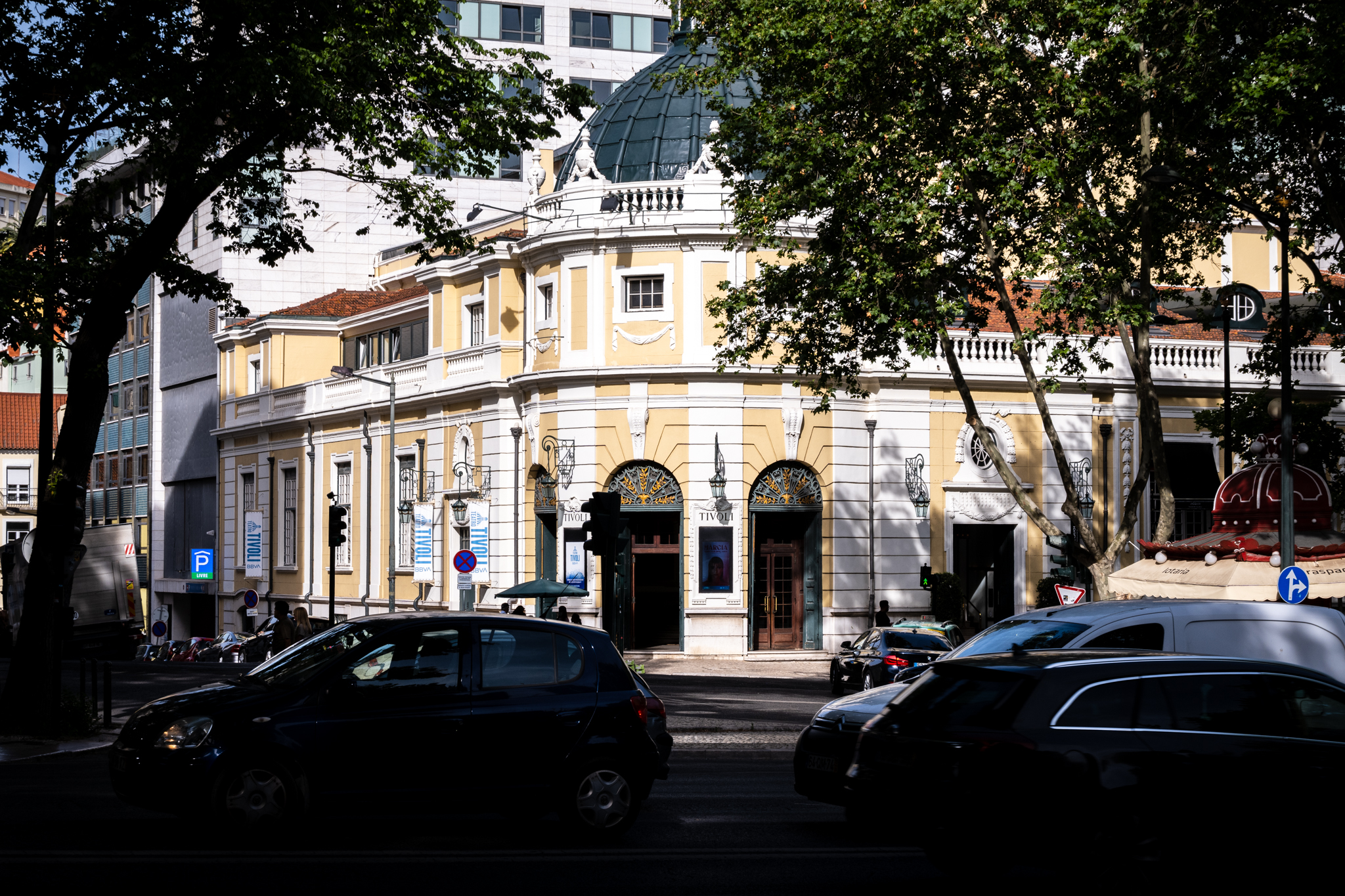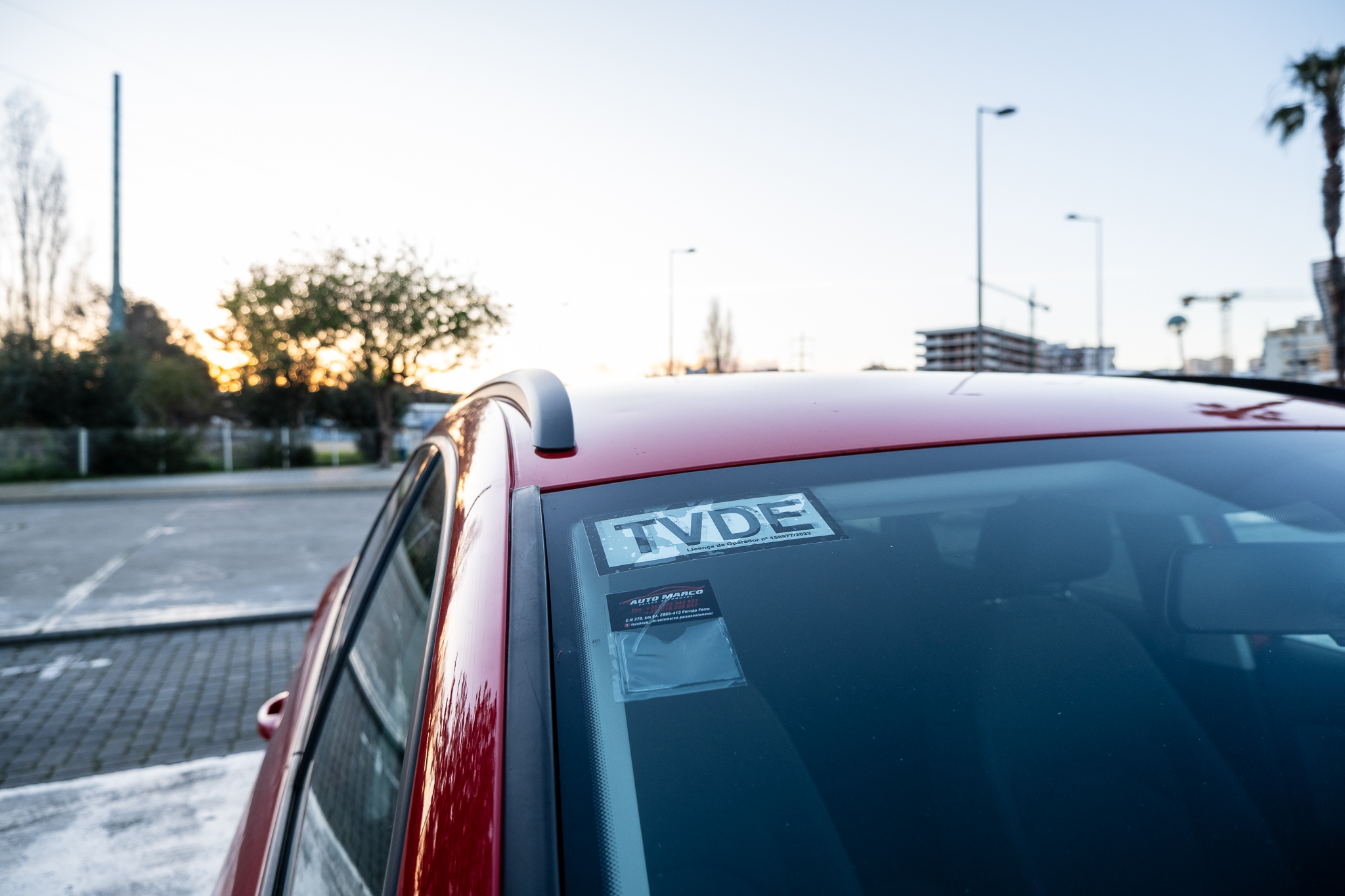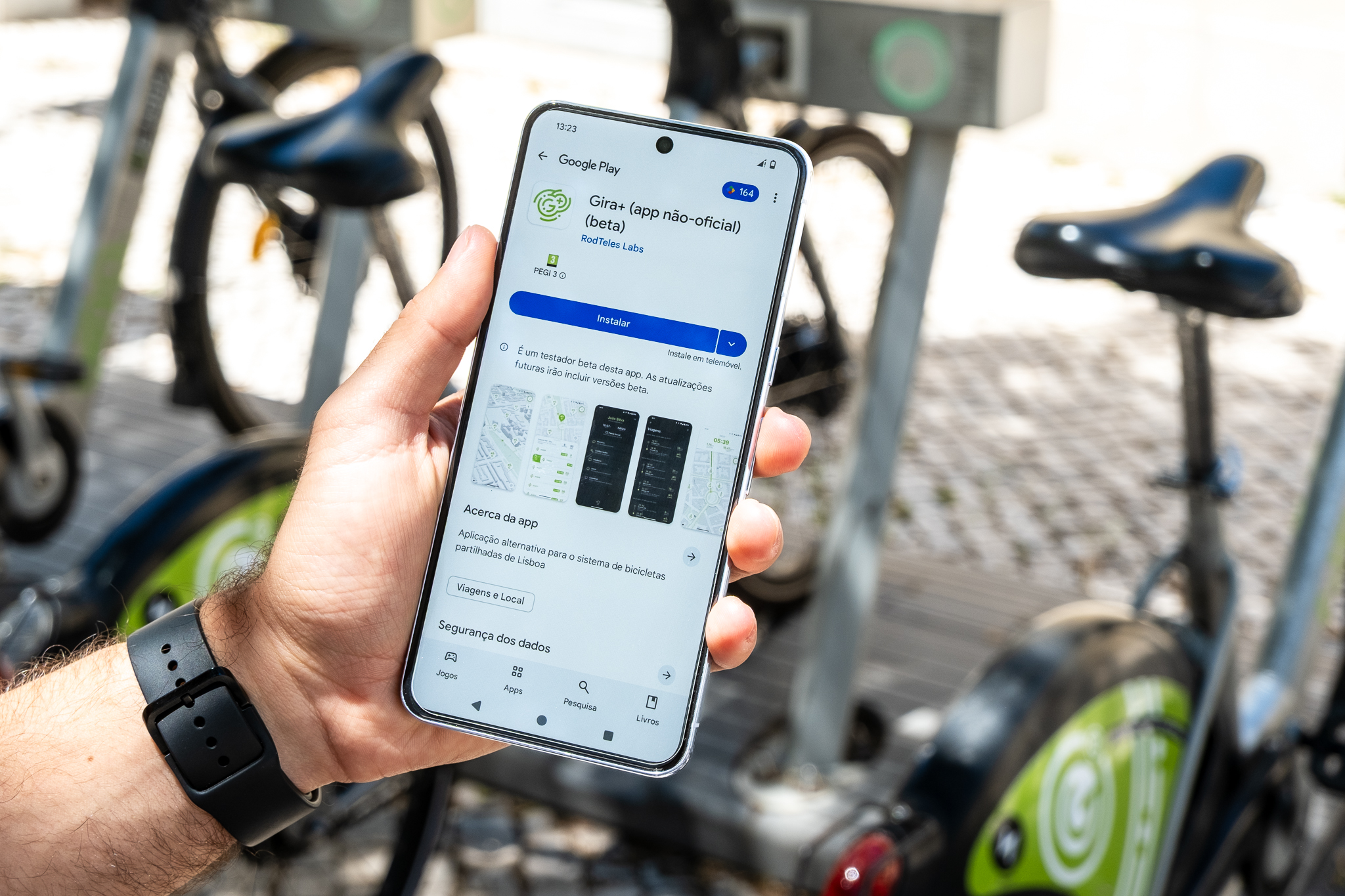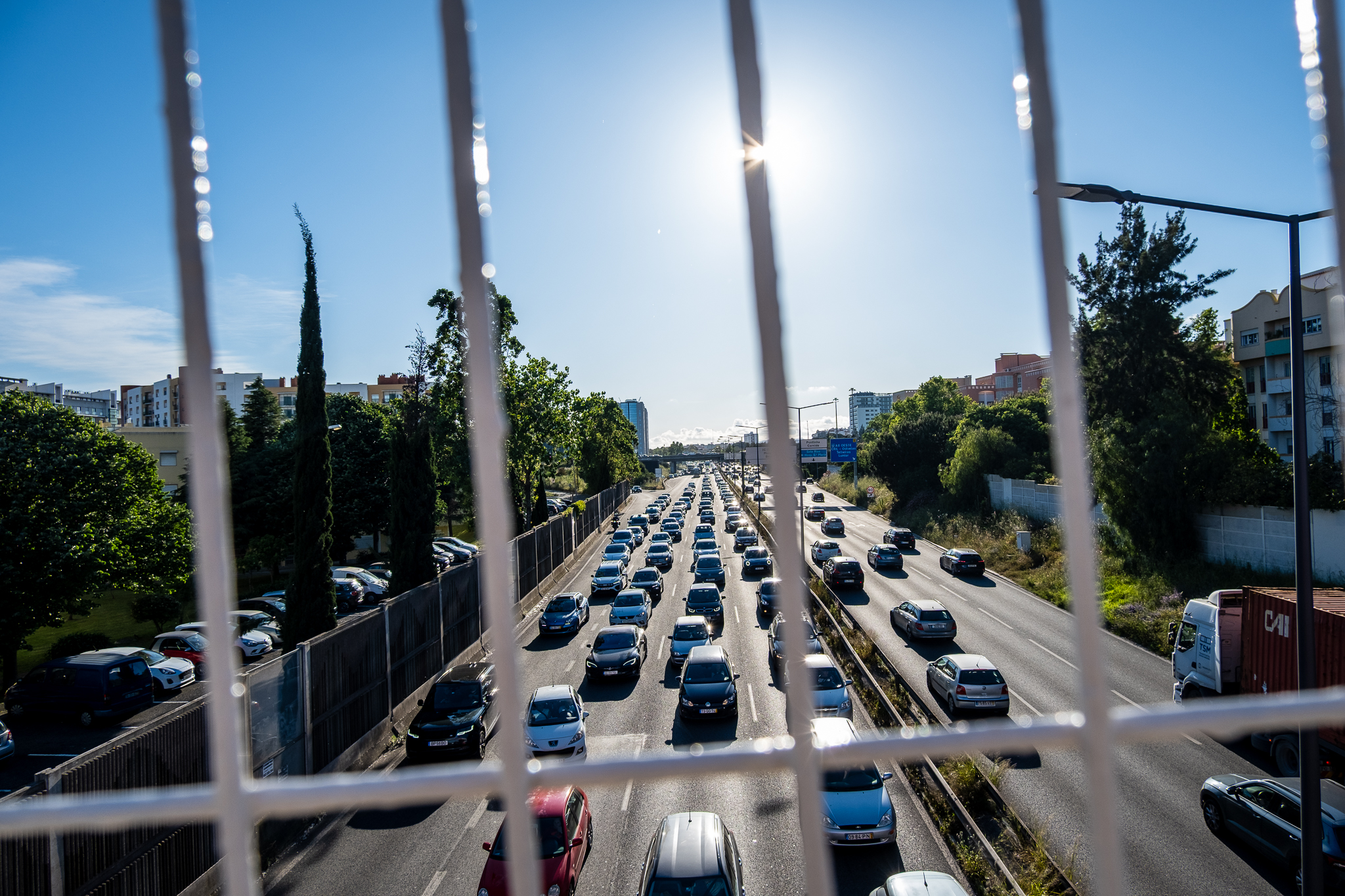The Portuguese capital places itself alongside Barcelona, Paris, Rome, Brussels and Berlin. "Our cities need to breathe!", signs Carlos Moedas in a joint statement with the other mayors.

"Our cities need to breathe!" Lisbon, Barcelona, Paris, Rome, Brussels and Berlin sign a joint declaration, addressed to the European Parliament and EU member states, to more ambition in the fight against car pollution in big cities and for it to be new restrictive pollutant emissions standard approved - a Euro 7 -, so that it comes into force "at the latest" in 2025.
"We can no longer afford the consequences of pollution on our health", can be read in the joint letter, available in catalan here. "We, the mayors of Barcelona, Berlin, Brussels, Lisbon, Paris and Rome, are taking our responsibility and doing our part. We are acting to improve local air quality by encouraging and facilitating alternatives to private cars and improving energy efficiency. But our efforts are clearly not enough. We need European action to meet the three challenges of our time.“
The heads of the six European cities detail three challenges:
- a protection of the most vulnerablesuch as low-income families ("are the most affected by pollution, although they are the least likely to use cars") and the children;
- a energy transition: "our cities must adapt to a future without oil" and, in this sense, "the Euro 7 standard will be an important milestone";
- and the road traffic in urban areasemissions, including not only exhaust emissions, but also the "non-exhaust emissions, such as brake and tire wear, which are major traffic pollutants".
What is Euro 7?
The new Euro 7 standard is the seventh generation of Euro standards, which regulate the emission of pollutant gases. These standards are directed at automobile manufacturers and place limits on the amount of pollutants that new vehicle engines can emit, such as fine particulates, hydrocarbons, and carbon monoxide. A Euro 7 standard was first presented in 2020 as part of the European Ecological Pact, went through a period of public consultation, and has been waiting since the last quarter of 2021 for the final proposal to be released. However, the issue has been postponed successively already this year, from April to July and recently for this month of October.
It is up to the European Commission to draft the proposal for subsequent approval by the European Parliament and consequent adoption by the member states. Quoted from the publication Automotive News EuropeThe Commission notes that this standard is complex because it involves not only passenger cars and motorcycles, but also trucks and buses - all at the same time. The Euro 7 standard is intended to replace the current Euro 6 restrictions, in force since 2014, and should be the last regulation for combustion engines (gasoline and diesel) - since, on European territory, only vehicles with no polluting emissions may be marketed as of 2035.
According to Automotive News Europe, the The automotive industry is worried about the delays and indecision surrounding Euro 7 because he wants to have certainty so that he can adapt the engineering of the engines to the new limits that will be imposed, and already questions the need for the new standard considering that it will still take time to be adopted and the 2035 target of the end of combustion engines is approaching.
For the mayors of Lisbon, Barcelona, Paris, Rome, Brussels and Berlin Euro 7 standard should be more ambitious and "reflect the actual driving conditions in urban areas"This means not only identifying the emissions of methane as a "local air pollutant" of the cities, but also the pollutant emissions resulting from brake and tire wear. "The good news is that technologies are already being developed that are already effective"they write. "What needs to be achieved is for car manufacturers to adopt these new technologies more quickly. We therefore expect the European Commission to introduce these new rules as soon as they are available: to support low emission zones, meet our climate targets and set new limits for methane, ultrafine particles and particulate matter from braking."
Standards define ZERs
Euro standards also serve as the basis for cities' Reduced Emission Zones (ZERs). For reference, the two ZERs implemented in Lisbon in 2011 - and which have not been updated since 2015 - are based on the Euro 2 and 3 standards, from the years 1996 and 2000, respectively; therefore, in the ZER of Baixa and Avenida da Liberdade no vehicles older than 2000 can enter (Euro 3) and in the ZER that covers a large part of the city no vehicles older than 1996 (Euro 2) can circulate. The proposal to create a new ZER - the ZER ABC - in the historic center of the city did not include updates to the existing restrictions, which today, due to the widespread renewal of the city's fleet, are of little use in practice. The most recent figures indicate that of the 6.59 million vehicles in circulation all over the country, only 18% cannot circulate in Avenida da Liberdade and in downtown Lisbon, for having registrations between 1997-2000. The average age of the car fleet in Portugal is 13.2 years.
For Lisbon, Barcelona, Paris, Rome, Brussels and Berlin, the new Euro 7 emission restrictions will also be important for their low emission zones. However, the municipal executive of Carlos Moedas has not yet been clear about the future of the existing ZERs in Lisbon and postponed the already postponed implementation of ZER ABC. In an interview last September with RTPMoedas said that "it is not unacceptable" closing the Chiado area to cars, but that has a different vision, which does not "impose immediately" but for "working with people, even so that [that eventual closure] is people's wish". "We will move towards it, but we will move towards it gradually"said the current Mayor of Lisbon, adding that "if in the future we have all electric cars, it doesn't make sense to be shutting everything down in the same way as with fossil fuel cars".
Moedas was also critical of the restrictions on car traffic on Avenida da Liberdade on Sundays, a measure that the opposition managed to approve, before the summer, in a town hall meeting. "It makes a lot more sense for us, for example, to close a part of a neighborhood on Sundays, to have areas that we close to traffic on certain days to help kids get to school, to have a mini-part of the neighborhood without traffic."he exemplified in the same interview, mentioning that "nobody wants to go for a walk in the middle of Avenida da Liberdade". For his part, the Alderman of Mobility, Ângelo Pereira, mentioned in a recent conference that, in January 2023, the Lisbon City Hall will "resume the senses that Avenida da Liberdade had before". on the sides and "so we will reduce the pollution levels" and deter people from using the private car, not mentioning changes to the ZER in that implemented zone.
"As Mayors, we will continue to fight for clean air on our streets. Together, with ambitious European incentives, we can reduce air pollution and protect our planet and the health of our citizens.", reads the joint statement. The letter comes on the eve of a major meeting of major cities, the C40 World Mayors Summitwhich will take place between October 19 and 21 in Buenos Aires.









